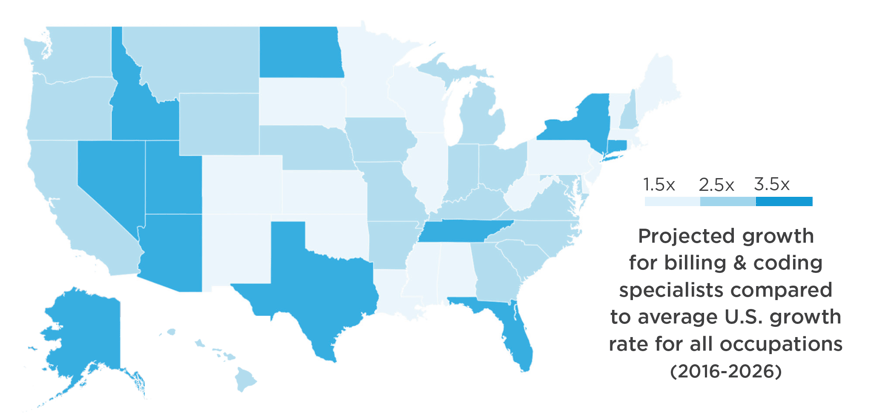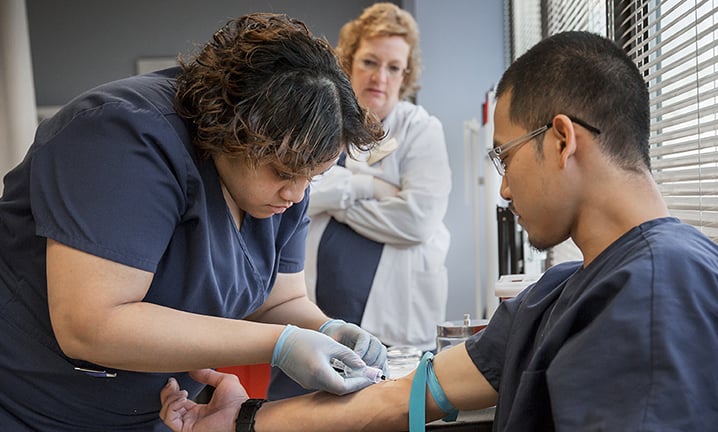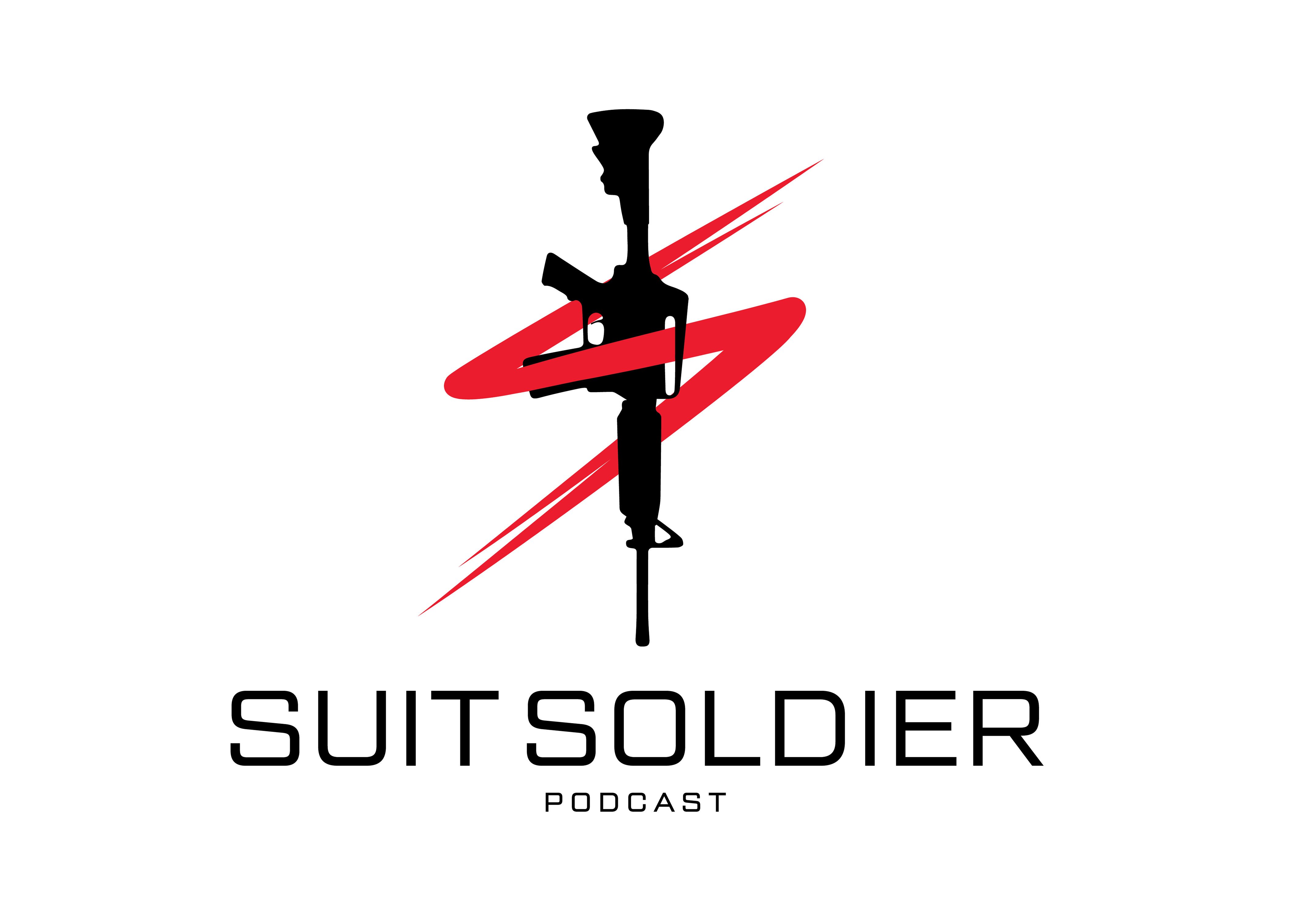Certified Billing & Coding Specialist
What is a billing and coding specialist?
Billing and coding specialists are responsible for processing health insurance claims and have an expansive range of opportunities for employment, including hospitals, physician offices, surgery centers, nursing homes, dental offices, home healthcare agencies, mental health facilities and even insurance companies and consulting firms. Earning the certified billing and coding specialist credential from NHA shows that you have the knowledge and experience needed to transition into a rewarding and meaningful career as a sought-after billing and coding specialist.
As a billing and coding specialist, you may perform some or all of the following tasks:
- Gather and review essential patient information
- Verify required documentation before patient information is released
- Prevent fraud/abuse by auditing billing
- Support coding and billing process
- Assign codes for diagnoses and procedures
- Submit claims for reimbursement
- Coach healthcare providers to achieve optimal reimbursement
Demand for Billing and Coding Specialists Across the US
Across the U.S., billing and coding specialists are in high demand. Project growth for this profession 13.5% by 2026, according to the Bureau of Labor Statistics. Below, you can see demand for billing and coding specialists, state-by-state.
Level Up with Stacked Credentials and Certificates
Stacking your credentials and earning specialty certificates can increase job opportunities available to you in allied health. By earning more than one credential or certificate, you show potential employers you’re willing to go the extra mile. It proves that you’re work-ready in multiple areas, making you a versatile employee and an asset to their organization.
Billing and coding specialists often stack administrative credentials, including:
- Certified Electronic Health Record Specialist (CEHRS)
- Certified Medical Administrative Assistant (CMAA)
Reference:
State Growth Rates: Projections Managing Partnership (PMP) funded by a grant awarded by the U.S. Department of Labor. (2018).








